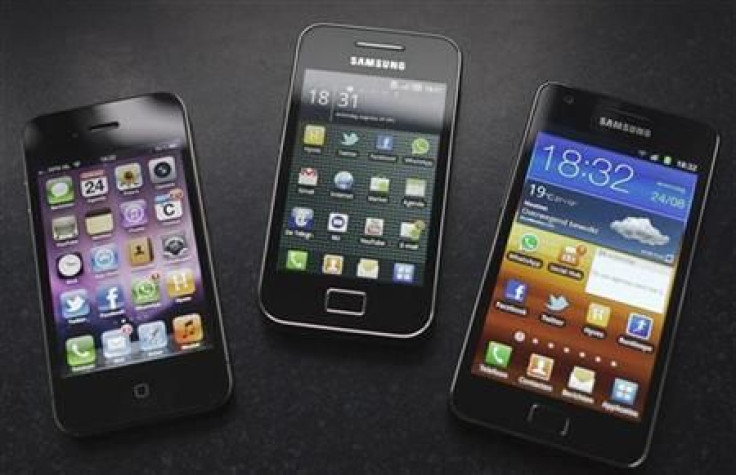Verizon to Apple: Stop Opposing Samsung Sales

Verizon Wireless has called on Apple to stop opposing the Galaxy line of Samsung electronic devices, saying that continuing to do so will harm efforts to roll out 4G technology more rapidly.
The investment depends on consumers having access to devices that can make use of that network, Verizon Wireless said in a filing in U.S. District Court in Northern California, according to Dow Jones Newswires. The accused Samsung devices are among the few products that can access Verizon Wireless's next-generation high-speed network.
Because of factors that have little to do with the patented technology, there will be few alternatives to the Samsung 4G devices in the near term, Verizon continued in a statement. It takes considerable time and effort to develop any 4G product-normally, much longer than a year. Any requirement that Samsung redesign its products in light of an injunction may cause long delays before the redesigned 4G devices are available to consumers.
In July, Apple filed for a preliminary injunction in U.S. courts against Samsung's 4G devices-notably the Galaxy S 4G, Infuse 4G and Droid Charge smartphones and the Galaxy Tab 10.1 tablet. The Cupertino, Calif.-based corporation has contended that Samsung has infringed on a number of patents, saying that the screen, handset design and even the packaging for the device closely mirror those of Apple, according to Dow Jones.
Reuters reports that Apple has had limited success in its courtroom, such as when a German court ruled last month in a symbolic ruling when a German court upheld a ban on Samsung's local unit selling its signature Galaxy 10.1 tablets.
Verizon began selling Apple's iPhone in February, making it one of two wireless carriers (the other being AT&T) to sell the widely coveted product.
Samsung has countersued Apple, claiming the iPad, iPod and iPhone were infringing on Samsung patents.
© Copyright IBTimes 2024. All rights reserved.











